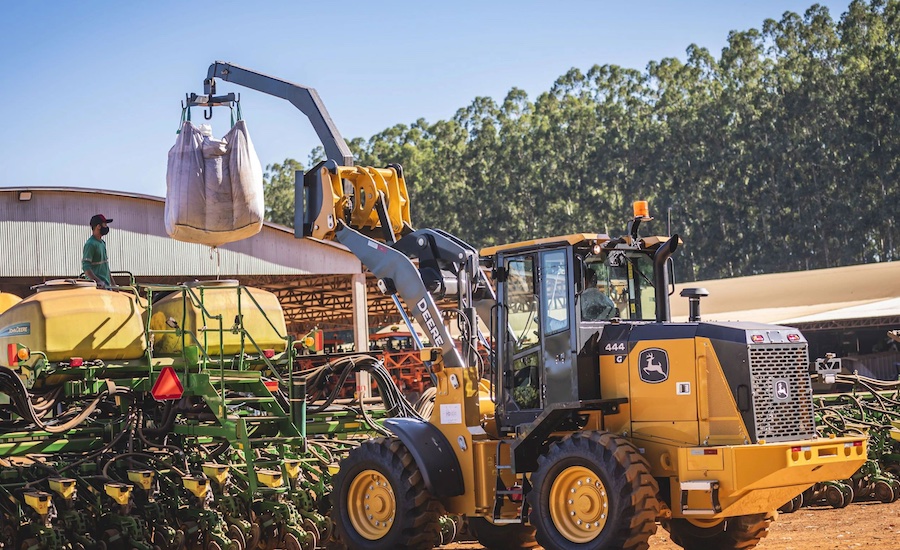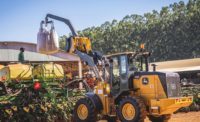Thousands of Deere workers belonging to the United Automobile, Aerospace and Agricultural Implement Workers of America (UAW) voted on Nov. 17 to end a month-long strike that has disrupted the equipment manufacturer’s production at more than a dozen manufacturing facilities.
By a vote of 61% to 39%, Deere workers supported a proposed contract with Deere management. The new contract included several improvements over previous offers, including a 20% increase in lifetime wages with 10% this year alone, a reinstatement of cost-of-living adjustments (COLA), and improved retirement options.
“UAW John Deere members did not just unite themselves, they seemed to unite the nation in a struggle for fairness in the workplace,” said UAW president Ray Curry in a press statement on Nov.17. “We could not be more proud of these UAW members and their families.”
Over 10,000 Deere workers went on strike on Oct. 14 following a contentious vote on a new offer from Deere management. The proposed contract had included the creation of a new tier for workers hired after Nov. 1, 2021, who would have reduced retirement benefits compared to earlier Deere workers. This new tier is not in the newly approved contract. Deere had offered a revised contract on Nov. 2 that was tentatively approved by UAW leadership, but it was voted down by rank-and-file members as the strike continued.
“John Deere's success depends on the success of our people,” said John C. May, chairman and CEO of Deere, in a press statement Nov. 17. “Through our new collective bargaining agreements, we're giving employees the opportunity to earn wages and benefits that are the best in our industries and are groundbreaking in many ways. We have faith that, in return, our employees will find new and better ways to improve our competitiveness and transform the way our customers do their work.”
Following the vote on Nov. 17, UAW locals informed the striking workers that they were free to return to work when contacted by Deere. The 14 plants affected by the strike are scattered across five states, and manufacture agricultural and construction equipment, as well as oversee the packaging and shipping of spare parts and other related materials.




